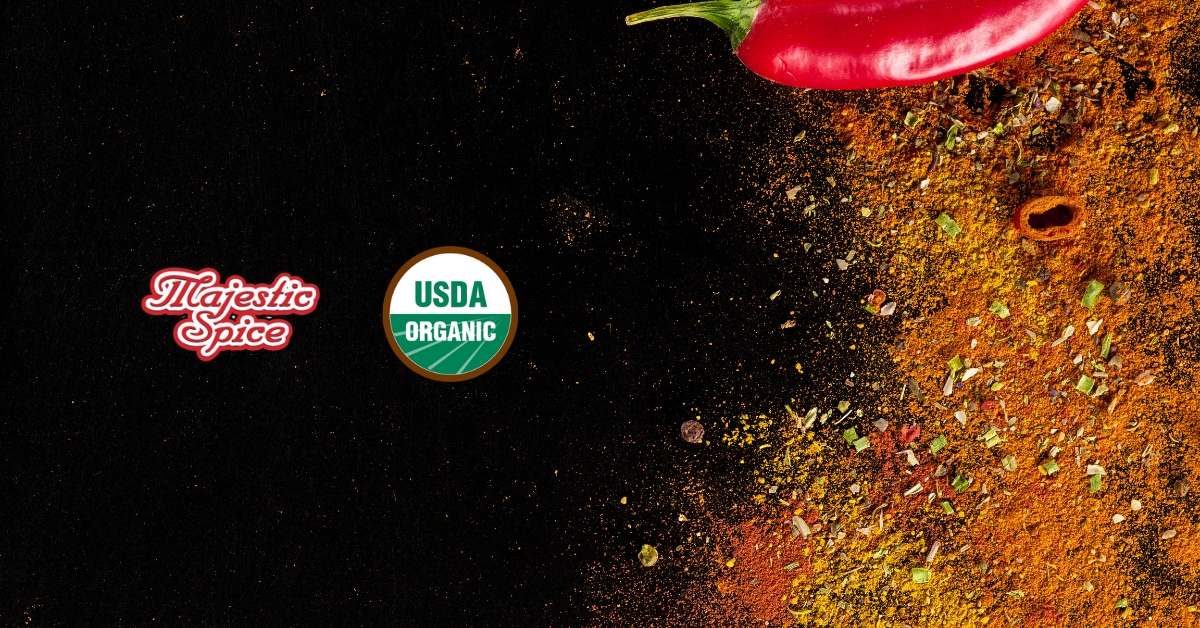The Path to Certification in the Organic Spice Industry
Consumer Awareness
In recent years, there has been a significant global shift toward health and wellness. Consumers are increasingly seeking products, especially food-related ones, that are not only beneficial for their health but also produced responsibly. Organic spices, free from pesticides and harmful chemicals, cater to this demand by providing a healthier alternative to conventionally grown spices.
The environmental impact of agriculture also raises concerns about the planet’s welfare. Organic farming practices, which reduce pollution and conserve water and soil quality, resonate strongly with eco-conscious buyers. This alignment with environmental sustainability has propelled the popularity of organic spices among these consumer groups.
Although the global organic spice market has been expanding rapidly and is expected to continue its growth, these markets often face challenges related to certification and distribution.
Understanding Organic Certification
Organic certification involves adhering to a set of government-defined standards for growing, storing, processing, packaging, and shipping products. These standards strictly prohibit the use of synthetic pesticides, fertilizers, and genetically modified organisms.
Certification is crucial as it provides consumers with the assurance that the product meets stringent organic standards. This certification is often supported by a certification label on the packaging, which significantly influences purchasing decisions.
Common Challenges
Achieving and maintaining organic certification requires a significant commitment. The standards are stringent, and companies must ensure that their entire supply chain, from farm to table, complies with organic practices, which can be complex and costly.
The cost of certification can be high, including fees for the certification process and higher operational costs due to organic farming practices. These costs can be a barrier for smaller spice companies or new entrants.
Navigating Regulations
Organic standards can vary significantly between countries, which complicates the process for companies looking to market their products in different international markets.
For spice traders, these varying regulations mean that a product certified organic in one country might not be recognized as such in another, affecting export opportunities and market access. Companies must navigate these regulations carefully to maximize their market reach and avoid legal issues.
As we have explored, there is much more behind each certification your spice carries than initially meets the eye. While the process may seem long and arduous, the rewards at the end are substantial.
Achieving organic certification not only positions your products favorably in a health-conscious and environmentally aware market but also enhances your brand’s reputation and credibility.


